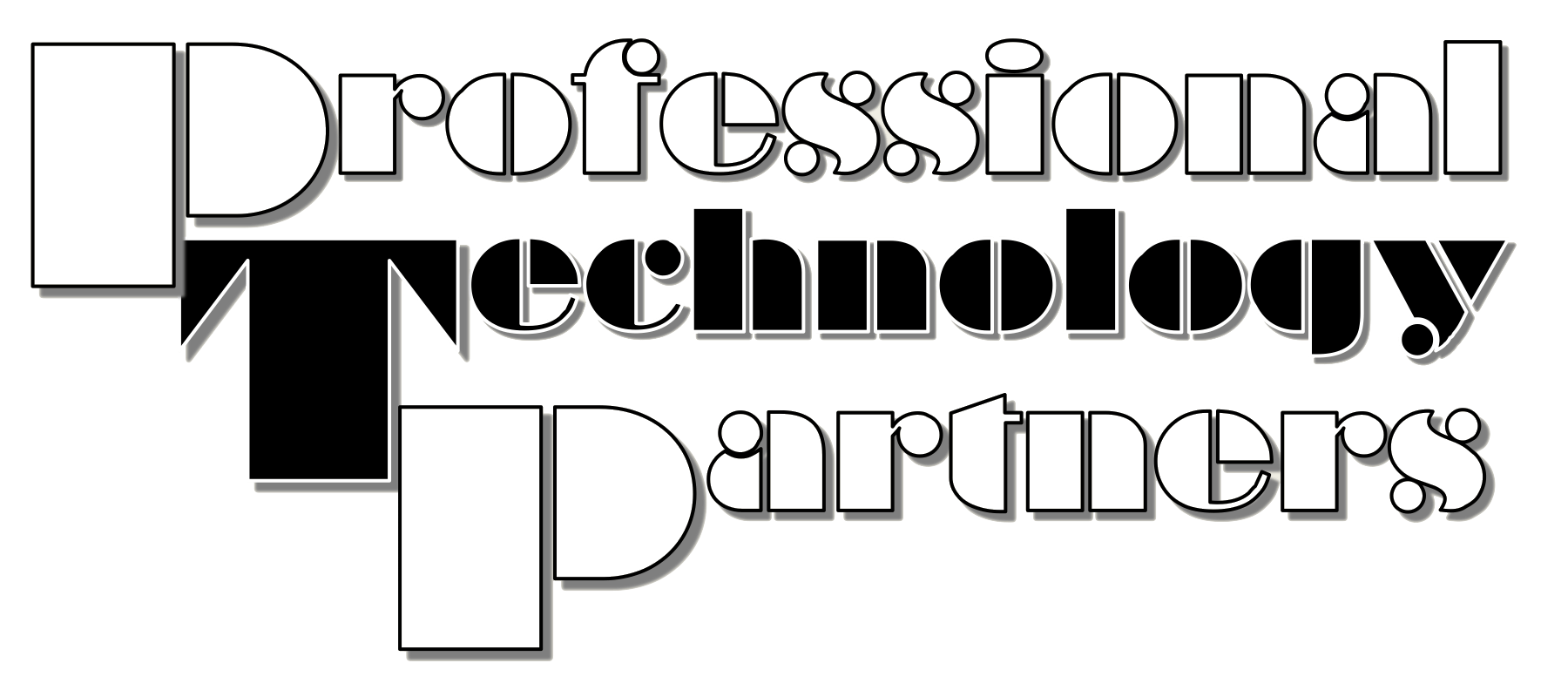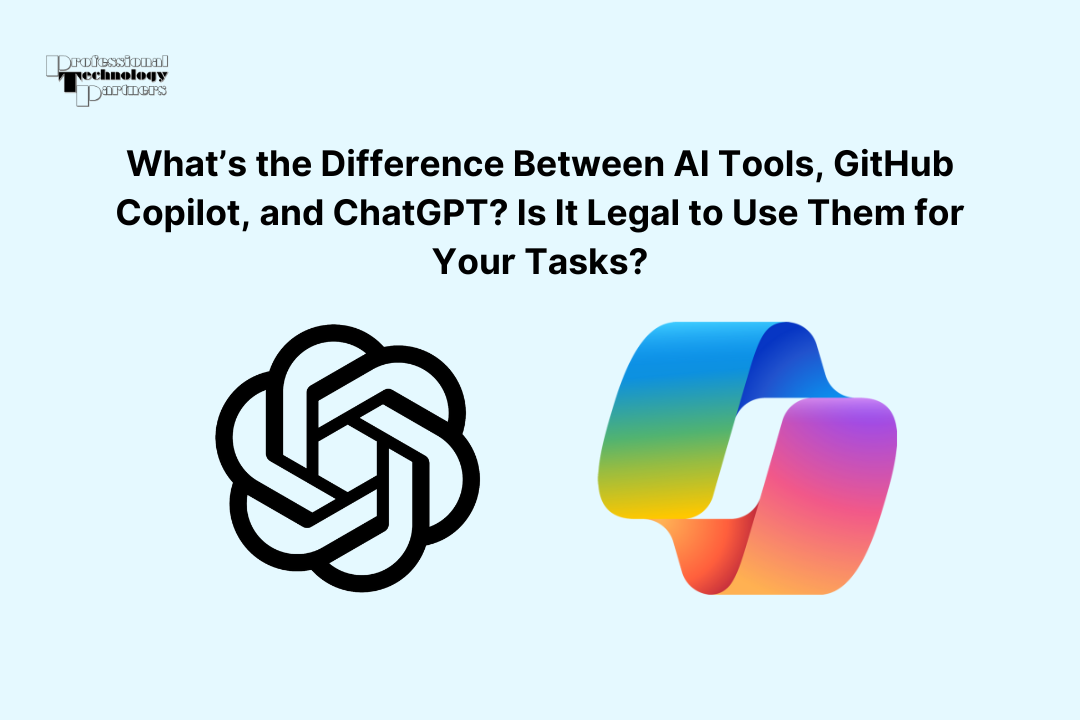Artificial Intelligence (AI) tools have been transforming the way we work, whether it’s for coding, content creation, or general automation. With the increasing popularity of AI, people often wonder about the differences between tools like GitHub Copilot and ChatGPT, and whether it’s legal to use these tools for professional tasks.
In this blog, we’ll break down the key differences between AI tools, GitHub Copilot, and ChatGPT, explore the legal considerations, and weigh the pros and cons of using these advanced technologies.
What Is the Difference Between AI Tools, GitHub Copilot, and ChatGPT?
What Are AI Tools?
AI tools are a broad category that includes any software or application that uses artificial intelligence to perform tasks. These tools are designed to learn from data, automate processes, and even predict outcomes. Popular AI tools range from marketing automation software to tools that generate written content or analyze large datasets.
What Is GitHub Copilot?
GitHub Copilot is an AI-powered code assistant developed by GitHub and Microsoft. It’s designed to help developers by suggesting real-time code completions, offering entire lines of code, or even full functions as you type. Copilot is particularly useful for repetitive coding tasks and can speed up the software development process by making intelligent suggestions based on the context of your code.
What Is ChatGPT?
ChatGPT, developed by OpenAI, is an AI model designed to engage in human-like conversations. It’s powered by GPT (Generative Pre-trained Transformer) and can answer questions, write content, generate ideas, and more. ChatGPT is ideal for tasks that require natural language processing, such as drafting emails, writing blog posts, or generating creative content.
Is It Legal to Use AI Tools, GitHub Copilot, and ChatGPT?
Yes, it is legal to use AI tools like GitHub Copilot and ChatGPT for most professional tasks, but there are some important considerations:
- Copyright Issues: One of the main legal concerns with AI-generated content is copyright. For example, GitHub Copilot generates code based on publicly available data, which might include code snippets covered by copyright. If you’re using these suggestions for commercial products, it’s important to review the output to avoid potential legal issues.
- Data Privacy: When using AI tools like ChatGPT, be mindful of the data you input. Sharing sensitive information can pose privacy risks, so always review the privacy policies of the platforms you use. Ensure you’re complying with any data protection regulations, especially when handling personal or proprietary data.
- Licensing and Terms of Use: Both GitHub Copilot and ChatGPT have specific terms of use. For instance, using AI-generated code from Copilot may come with licensing restrictions depending on how you use it in your projects.
Pros and Cons of Using AI Tools like GitHub Copilot and ChatGPT
Pros of Using AI Tools
- Increased Efficiency: AI tools can save you significant time by automating repetitive tasks. GitHub Copilot speeds up the coding process by suggesting relevant code snippets, while ChatGPT can generate entire paragraphs of text in seconds.
- Improved Productivity: With AI handling the more mundane aspects of work, such as coding or writing drafts, you can focus on higher-level tasks that require creativity or critical thinking.
- Real-Time Assistance: GitHub Copilot helps developers write code faster by providing real-time suggestions, and ChatGPT can offer quick solutions to queries, making them great for fast problem-solving.
- Cost-Effective: AI tools reduce the need for manual labor. Whether you’re a business owner or freelancer, AI can help you get more done without hiring additional help.
Cons of Using AI Tools
- Accuracy Issues: AI is not perfect, and the suggestions it provides may sometimes be inaccurate or suboptimal. GitHub Copilot’s code might need manual review, and ChatGPT’s responses can occasionally be off-target.
- Lack of Creativity: While AI tools can generate content or code, they often lack the creative thinking that humans bring. AI-generated work can sometimes feel generic or uninspired.
- Privacy Concerns: AI tools, particularly those like ChatGPT that process user input, may raise privacy concerns, especially if you’re inputting sensitive or confidential information.
- Legal Ambiguities: The legal framework around AI-generated content is still developing. Using AI-generated code or content without reviewing for potential copyright issues could lead to complications down the road.
FAQs: What People Are Asking About AI Tools
Can AI Tools Replace Human Jobs?
AI tools are designed to assist humans, not replace them. While AI can handle repetitive tasks, it lacks the creativity and critical thinking needed for many jobs. Instead of replacing jobs, AI allows professionals to focus on more complex and meaningful work.
Are AI Tools Like GitHub Copilot Reliable for Professional Use?
GitHub Copilot can be reliable for professional use, but it’s important to review the code it generates, especially for mission-critical projects. AI tools are great for enhancing productivity, but they still require human oversight.
How Do AI Tools Handle Data Privacy?
Data privacy depends on the specific tool and platform. Always check the privacy policies and ensure you’re not inputting sensitive information without understanding how that data is processed and stored.
Is AI-Generated Content Copyright-Free?
No, AI-generated content isn’t automatically copyright-free. While the tools generate content from publicly available data, you should always review the output to ensure you’re not infringing on any copyrighted material.
Final Thoughts: Should You Use AI Tools for Your Tasks?
AI tools like GitHub Copilot and ChatGPT offer incredible potential for streamlining work and boosting productivity. However, it’s essential to use them responsibly. By understanding the legal implications, carefully reviewing AI-generated content, and staying aware of privacy concerns, you can make the most of these tools without running into issues.
Whether you’re coding, creating content, or automating workflows, AI is here to make your life easier—but it’s not a one-size-fits-all solution. It’s always best to balance AI assistance with human oversight to ensure high-quality and legally compliant work.



